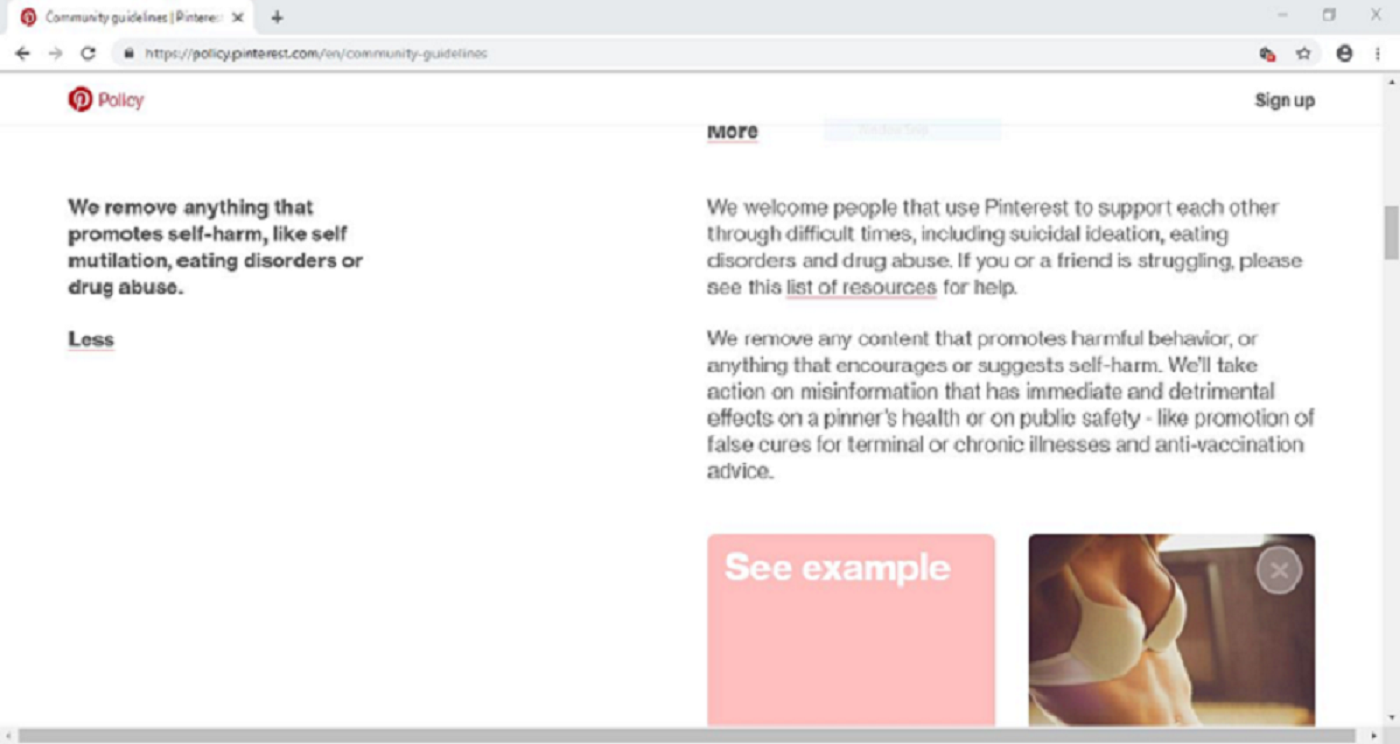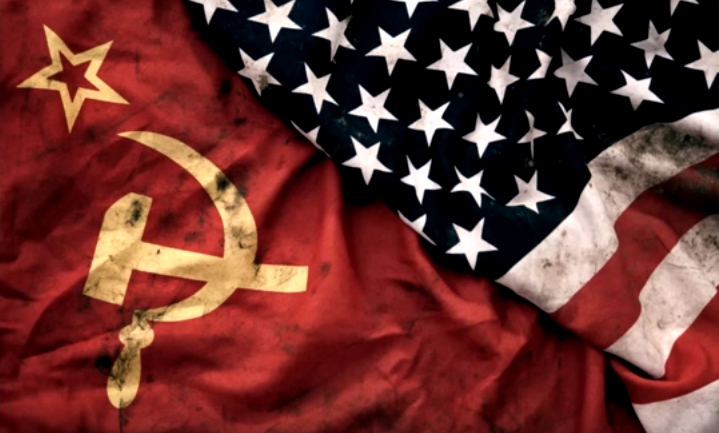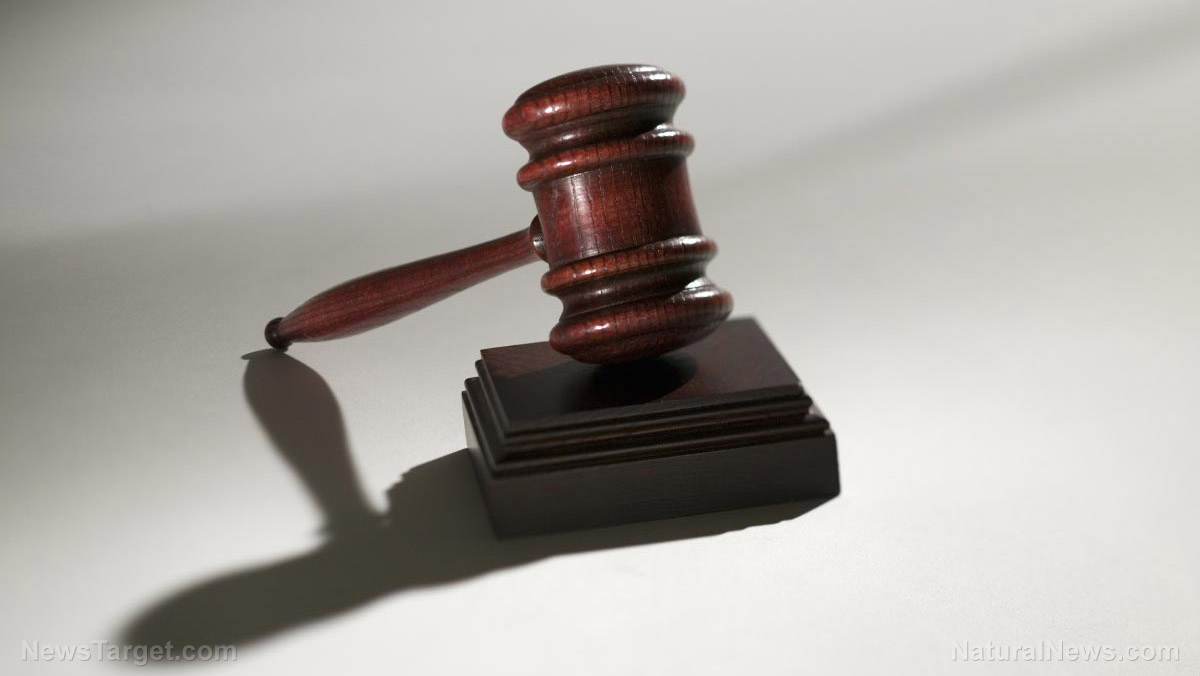Christian group demands tech giants stop censorship or face tidal wave of lawsuits
12/17/2018 / By Vicki Batts

Dr. Jerry Johnson, president of the National Religious Broadcasters (NRB), issued a final warning to the leaders of Silicon Valley, demanding that Big Tech stops censoring Christian and conservative content. If they fail to do so, Johnson and 60 million NRB members will engage in a massive campaign to strip the companies of the “Good Samaritan” legal protections they currently enjoy. While the tech industry denies that conservative speech is being suppressed on their platform, there is no shortage of evidence to the contrary.
A recently leaked internal document from Google entitled, “The Good Censor,” which basically states that the tech industry is moving away from free speech-driven platforms and into the arms of Big Brother and censorship.
Google’s move towards censorship is perhaps one of the most dangerous, especially given the company’s enormous reach and influence over what content users see. It’s no wonder NRB is urging Big Tech to adopt policies that uphold the individual’s right to free speech. If no action is taken now, soon there may be no rights left to defend.
NRB calls on Big Tech to stop censorship
NRB President Dr. Johnson issued letters to the leaders of the biggest companies in tech, calling on them to “implement their own free speech charter governing their content moderation,” or face losing their Good Samaritan status. NRB is a Christian group with some 60 million followers, ready to petition Congress for “a review of the ‘Good Samaritan’ section of Section 230 of the Communications Decency Act.”
Under this section, Big Tech is not only free from liability of what users post, but free to moderate “offensive” content for “Good Samaritan” purposes. Johnson has advocated for a reconsideration of section 230 on several occasions, but states that he’d prefer for Big Tech to simply choose to support free speech of their own volition.
Speaking with PJ Media, Dr. Johnson commented, “We prefer not to do that. We are asking them to acknowledge the problem and adopt a voluntary free speech charter which would say, ‘This is a free speech zone.'”
In an NRB press release, Johnson states that “if major tech corporations continue to effectively ignore substantiated cries of viewpoint suppression – intentional or not, algorithmic or human – then I believe it’s time for a remedy.” He added that a review of Section 230 is preferable to “possibly heavy-handed government interventions.”
So far, it appears that Big Tech is going to double down on their insistence that no censorship is going on. PJ Media was reportedly told by a Twitter spokesperson, “We’ll review the letter, but I want to emphasize that we apply our rules equally across the platform.”
Censorship is a dangerous game
Dr. Johnson says NRB has 40 documented cases of internet censorship, but that “does not include every verifiable example of viewpoint suppression, and we believe it is actually only ‘the tip of the iceberg’ with many more instances of censorship going unreported by people who feel they have no recourse.”
NRBTV, the NRB’s former livestream channel, was deleted without explanation last year. “They never gave an adequate explanation. It had something to do with terrorism,” Johnson recalls.
“Marsha Blackburn obviously was a sitting U.S. congresswoman announcing her campaign; they pulled the Twitter link of her campaign announcement that day because she mentioned Planned Parenthood!,” he told PJ Media.
“When you see Marsha Blackburn, [former Arkansas Governor] Mike Huckabee, and [Fox News columnist] Todd Starnes, … is there a comparable list on the Left? Is [MSNBC host] Al Sharpton being blocked? Has the ACLU been blocked? Has Planned Parenthood been blocked? They’re not censoring [MSNBC host] Rachel Maddow,” Johnson contended further.
Johnson says Good Samaritan protections, like section 230, used to make sense — back when tech companies weren’t deigning themselves as the arbiters of morality and truth on the internet.
Removing Section 230 would pave the way for Big Tech to face legal action for the content posted to their platforms. “They are clearly abusing their power. The remedy for something like that is always messy,” Johnson said.
Essentially, the NRB’s argument that if Big Tech is no longer willing to uphold the right to free speech for their users, Big Tech must also assume responsibility for what is said on their platforms. The message being sent here is simple: You can’t have it both ways. If you want to be protected under the law, you need to uphold your end of the bargain, and grant free speech to everyone. If Big Tech wants to play “thought police” and moderate the content shared on their platforms, they must be held legally accountable for what’s on them. Otherwise, we are allowing Big Tech to play “Big Brother” without consequence.
Bias against conservatives in social media
Tech leaders say their companies are not purposely censoring conservatives and their “rules” are applied equally to everyone. But is that really true? Twitter, for example, has an entire page about their policy on hateful conduct. Even so, the policy is open-ended enough that expressing certain points of view — such as, supporting increased border security and deportation for illegal aliens — could be misconstrued as “hateful,” or “inciting fear.” This can (and does) happen under Twitter’s “equally” applied rules: The bias may not be explicit, but it is still by design.
Independent journalist Laura Loomer was recently banned by Twitter for criticizing Ilhan Omar, a Democratic politician who also happens to be Muslim, and her support of female genital mutilation and Sharia Law.
You’d be hard-pressed to find an instance of Twitter banning a liberal journalist for criticizing a conservative politician’s pro-life stance, even though many conservatives are pro-choice for religious reasons.
Coincidentally, Omar has made actually hateful tweets about Israel and has yet to face consequences.
Guess which one was banned pic.twitter.com/hP8ZR033Xi
— Jack Posobiec ?????? (@JackPosobiec) November 21, 2018
Twitter, of course, is not the only company to be worried about. Google, YouTube, Facebook, Apple and a bevy of other platforms have adopted similar strategies for suppressing conservative values. You can learn more about the wave of suppression overtaking the tech industry at Censorship.news.
Sources for this article include:
Tagged Under: Big Tech, Censorship, Christians, evil, Facebook, free speech, freedom, Glitch, Google, Liberty, National Religious Broadcasters, oppression, Silicon Valley, tech companies, tech giants, technocrats, thought crime, thought police, thought suppression



















